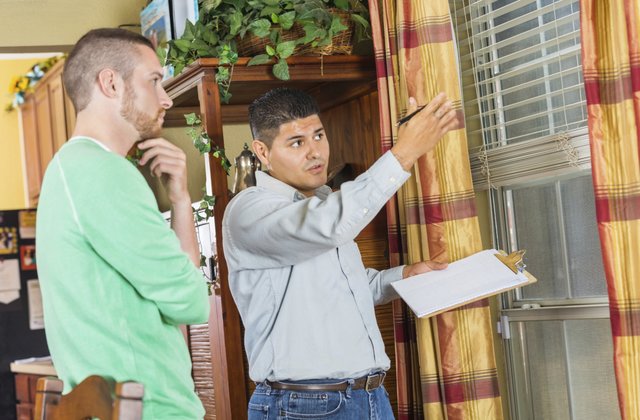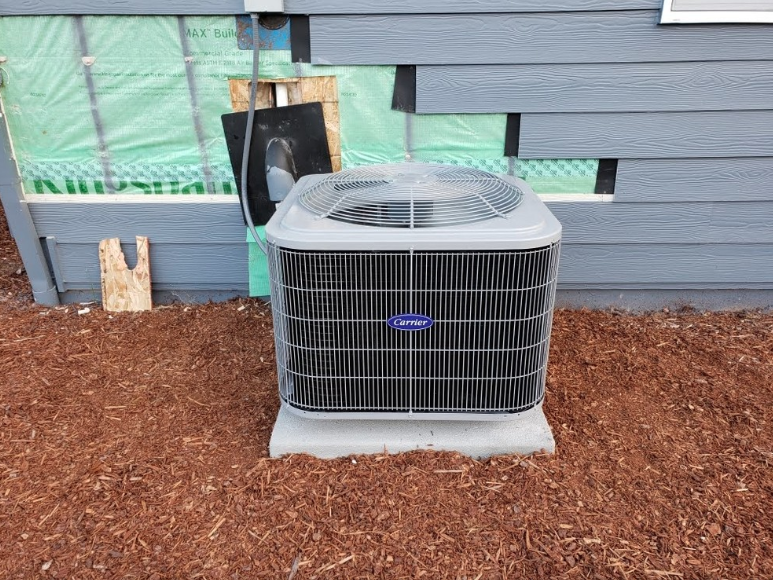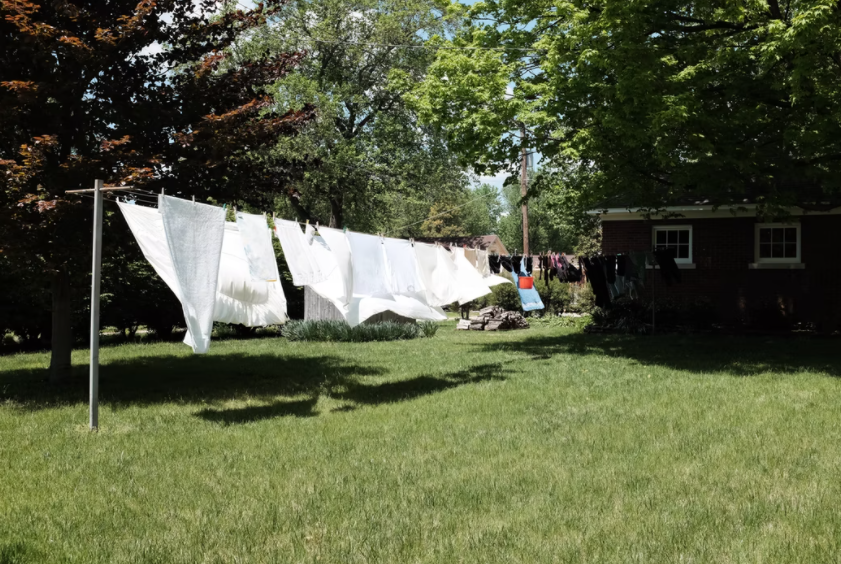How to Prepare for a Home Inspection

You might think you’ve checked for everything when inspecting your home yourself, but if you overlook something, the person who buys it might demand that you take care of the repairs!
 Photos via: Houzz
Photos via: Houzz
Professional inspectors will check your foundation, walls, electrical system, plumbing, roof, and HVAC system. They’ll also check your smoke, carbon monoxide, and carbon dioxide detectors and look for any signs of water damage.
Who Benefits From an Inspection
These inspectors are looking out for the interests of the buyer, not you, so it’s important to make sure everything is up to code and working. They will not go easy on you.
If there are problems with any of these things, the buyer could back out or lower their offer. Many buyers wait to do this until after a purchase agreement has been signed. As the seller, it’s best to do it beforehand as well so there are no surprises and you get the maximum value for your house.
When the inspectors come, you should have done everything that you’re capable of handling yourself. There are also steps you can take to make the inspector’s job easier. A 4 point inspection is often requested by insurance companies for an accurate premium evaluation, Murray Home Inspection explains.

Get the Most Out of Your Home Inspection
Make Sure Everything Is Clean
This should probably have been done already, but if you’ve been putting it off, this is a great motivator for you. You’ll just make the inspector’s job more difficult by having things a mess when they show up, and you do not want to get on their bad side.
Even if there are issues with your house, you can at least make it look like it’s well maintained by removing clutter and cleaning things like the stove, furnace, attic, closets, and perimeter of the house. If an area is blocked, that’s a red flag to inspectors. They’ll think you don’t want them to see it. Give them free access.
Household pests will ruin your home inspection. If you have bugs, mice, bats, squirrels, or birds living in your walls, you need to hire someone to remove the pests and seal your house. Don’t even think about trying to pass an inspection without removing pests.

Test Everything
Even if you’re sure something works, test it. Attic fans, heating ducts, weather stripping, lights, locks, and windows that don’t work or need repairs are going to cost you money whether you like it or not. It’s better for you to find out yourself than to have the inspector find it.
Re-caulk around your bathtub and sink, unclog drains, fix or replace windows and doors, and cover up your crawl spaces. Even something as simple as a light bulb can hurt your wallet.
If the bulb is out, they might start to question the quality of your house’s wiring. They might even just write down that there is an unknown issue without testing it. Don’t give them the opportunity. All of your utilities will need to be left on in order for them to test everything. Make sure you don’t turn them off before the inspection.

Make Repairs
If you do discover that you have faulty wiring, a professional electrician can help you fix the problem and look for other issues. Any problems should be taken care of by a professional if you can afford it. It will only raise the value of your house. Remember, the inspector has the interests of the buyer in mind. They are not looking out for you.
The buyer might want to know about any recent renovations, so keep the paperwork just in case. If you don’t have something, contact the contractor you worked with. They will likely have documents on record that you can use.
Leave the Inspector Alone
If the buyer requests the inspection, you’ll be asked to leave. You should do the same if you’re having an inspection done ahead of time.
This is to make sure the inspection is done as honestly as possible. You don’t need to be involved. All you need to do is be on time for the inspection to let them into the house. They’ll likely start outside the house, and they might not even talk to you before they start. Just be ready when they knock.
Relax! Prior Preparation Prevents Poor Performance!
An inspection can be nerve-wracking because it’s the final step before you can be done with the process and start enjoying your new place. If you’ve done your due diligence, the inspection should go smoothly and you can move on to closing the sale. Breathe easy!

Guest Post Contributor
Jennifer Bell is a freelance writer, blogger, dog-enthusiast and avid beachgoer operating out of Southern New Jersey









Leave a Comment